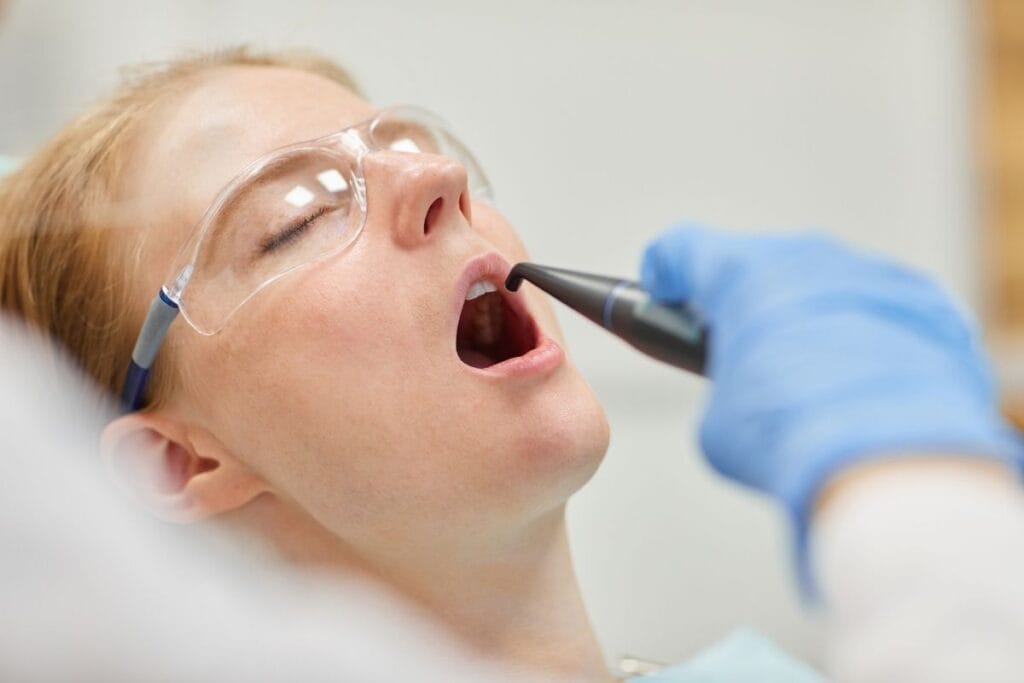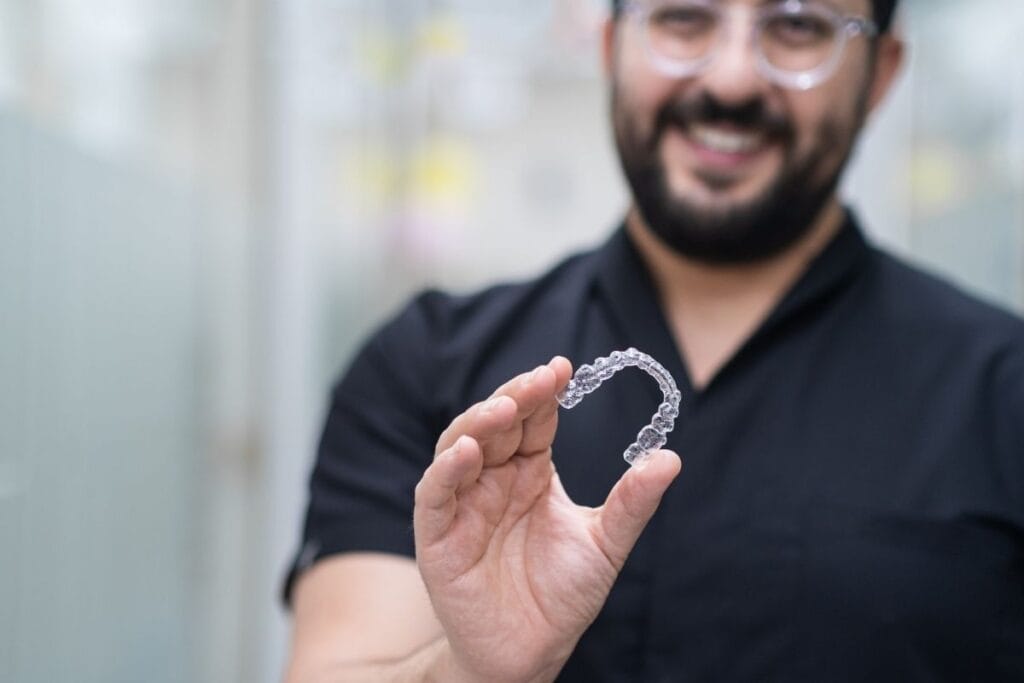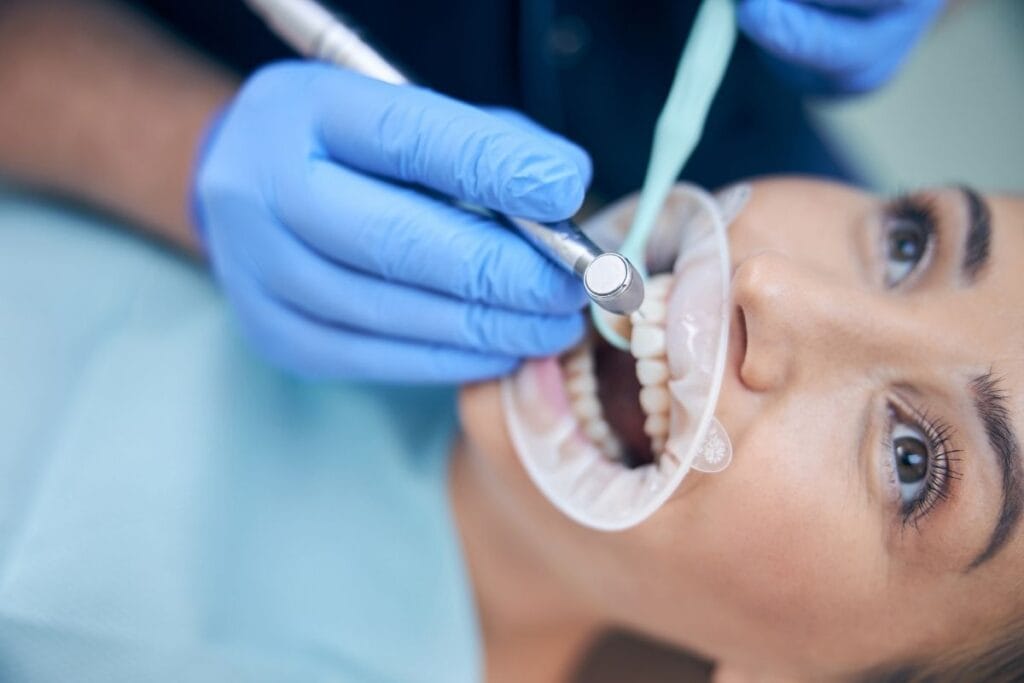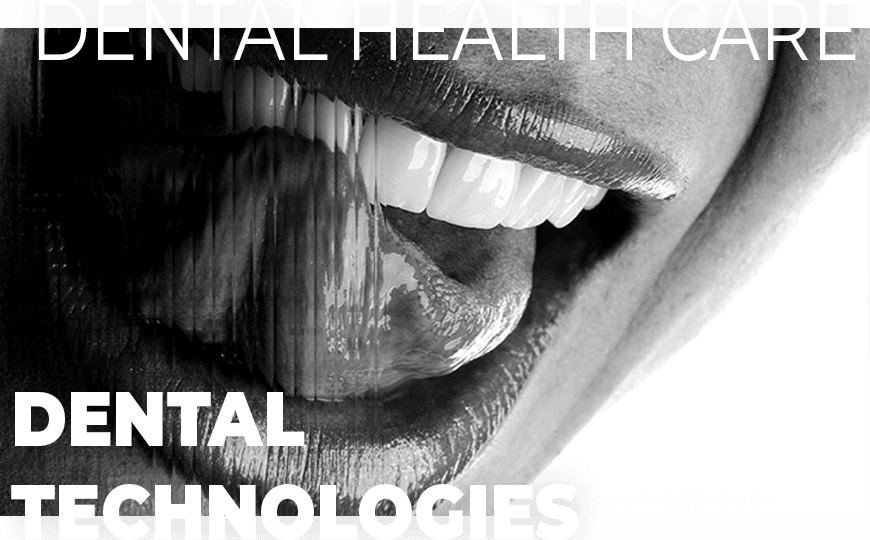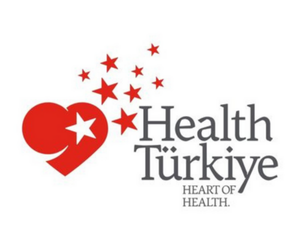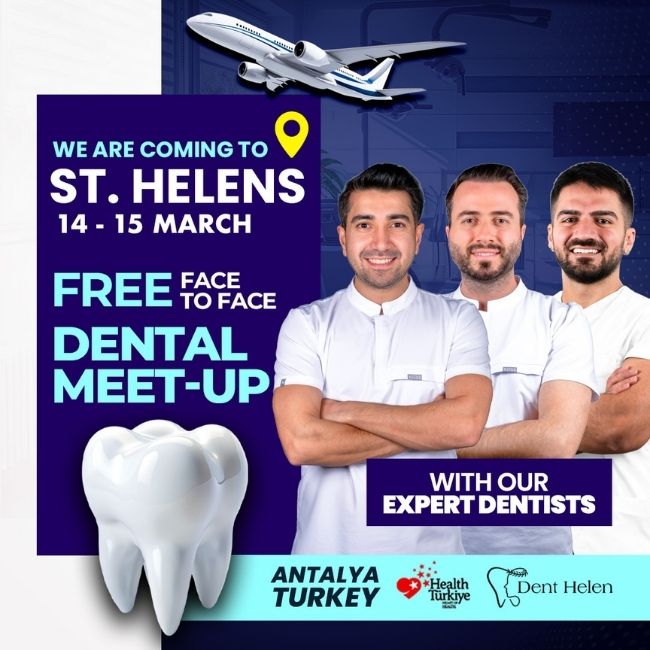
Teeth Extraction

Teeth extraction is among the most popular dental procedures available. It’s a one-time procedure, usually. Most teens and adults suffer teeth extractions, particularly wisdom teeth. At certain points, they will require it due to other reasons and issues.
If patients suffer from an excessive amount of tooth decay or tooth infections and an excessive amount of crowding on their teeth, an extraction procedure is required. Patients who are getting braces for their teeth may require them to create space for the other teeth to be put in.
Oral surgeons and dentists can do a teeth extraction. It’s generally an extremely quick procedure that is performed under local anaesthesia. But, as with other options in dentistry there are times when it can be a difficult and complex procedure when a tooth has been poorly placed, cracked, or damaged.
What is Teeth Extraction Turkey?
The Teeth extraction of teeth In Turkey is a procedure that a dentist uses to remove the tooth out of its socket within the jawbone. The extraction of a tooth in Turkey occurs in cases where a tooth is damaged, decaying, or infected or is threatening the health of the patient. Dental extractions are essential for treatment of various dental issues and stop the infection from spreading to or causing harm to adjacent teeth. A local anaesthetic can be used by dentists to numb the teeth’s surrounding to ensure the patient’s comfort during the procedure.
There are diverse procedures that are involved during tooth extraction. The teeth is removed with care as well as extraction of the wisdom tooth. An extensive extraction process is usually requested by dentists in cases where the tooth is damaged or is not fully developed. Dentists typically suggest extraction if the tooth is seriously damaged, decaying or poses a threat for adjacent teeth because of dental crowding.
What is the procedure for Teeth Extraction in Turkey work?
The process of teeth extraction Turkey involves the removal of a tooth from the jawbone socket. An extensive examination is conducted and, if necessary the use of X-rays to assess the condition of the tooth as well as its surrounding structures prior to the start of treatment. The dentist numbs the region surrounding the tooth with an local anaesthetic prior to beginning the extraction procedure to reduce the discomfort to the patient. The dentist takes the tooth out of the socket after the anaesthesia has worn off together special instruments, like dental forceps.
An incision for accessing the tooth or dividing it into pieces for a simpler removal can be required for difficult or complicated extractions. The dentist utilizes precise procedures to minimize damage to the surrounding tissues and facilitate the extraction to be more comfortable. The dentist will bring post-operative guidelines to care for and recover after successful extraction of the tooth. The instructions include how to manage swelling, avoid certain foods, as well as taking prescribed medications as required.
The removal of wisdom teeth is necessary to prevent complications. The goal is to reduce discomfort, maintain or increase oral health and offer additional the foundation for future dental treatment or procedure. Patients who are having their teeth extracted should have lengthy discussions with their dentist in order to know the specific reasons behind extraction, the alternatives available as well as the post-extraction treatment necessary for a healthy mouth.
Turkey guarantees the safety of patients and wellbeing by performing extractions of teeth precisely and alike to dental guidelines that are accepted. It is crucial both for dentists and patients to gain a better understanding of post-operative care, address any questions and consider possibilities regarding tooth replacement. Tooth extraction serves many purposes. It can be used to ease issues with crowding, stop the spread of infections, eliminate severely decayed teeth, or prepare to undergo orthodontic treatments.
Why do a Teeth Extraction?
Teeth extraction is usually viewed as a last option when decay or damage is too significant for filling or any other restorative procedure. When it comes to dental treatment tooth extraction within Turkey is a highly desired procedure, especially for those looking for cost-effective solutions. The Istanbul dental centers are managed by highly qualified specialists who use their experience and know-how with cutting-edge technologies to warrant an invasive, but comfortable procedures for tooth extraction. If a tooth can’t be saved, an extraction may prove to be the most appropriate option in terms of your health. However, prior to making any decision an extensive consultation is required to assure that you’re aware of all options. Different situations could require removal of teeth, including:
- Advanced Cavities
- Progression gum infections
- Teeth that have been damaged beyond repair
- Gum or dental abscesses
- Wisdom teeth that are not working properly
What are the Teeth Extraction risks?
Although they’re not many and don’t happen often the procedure does come with some dangers. In general, there are benefits that outweigh potential risks when your dentist decides to recommend the procedure.
One of the biggest problems with dental extractions is healing. Following surgery, blood clots build up within the cut incision as an inevitable consequence. However, if they do not happen it is the bone structure that will be exposed to outside surroundings. This is known as a dry socket. Dentists employ sedative dressings in order to protect your bone over a couple of days.
How Long Does Tooth Extraction in Turkey Treatment Take?
Extracting teeth from Turkey is a process that takes between 30 to 60 minutes. The duration of the procedure differs based on the state of the tooth. The finalization of any treatment prior to tooth extraction is planned and should be held till the time of surgery. The extraction of teeth is a simple process, but it needs at least 1 hour for preparation as well as the process. Patients must visit a dentist whenever they have problems following the extraction of their teeth. The most common signs are excessive bleeding, pain and other signs. The duration required to remove teeth is minimal however it cannot be altered for the procedures that are carried out prior to or after.
The time required for the extraction of teeth in Turkey depends on various aspects, such as the difficulty of the procedure as well as the site of the tooth as well as the patient’s general oral health. Simple extractions generally last one or two minutes, and usually between 15 to 30 minutes. It is the time that is required to provide the initial after-operative directions, to loosen the tooth and remove the tooth, as well as administer local anaesthetic. Extractions that require complex approaches like the extraction of impacted teeth as well as surgical treatments, can take longer. Additional procedures for surgical extractions involve taking the tooth apart to give access to it or cutting the tooth into pieces, so it can be removed quickly. The duration of the procedure is prolonged by sedation because the patient is monitored more during treatment.
Patients require extra time prior to and after the procedure even if the extraction only takes a few minutes. This allows dental professionals suitable time to complete the entire examination and review the treatment plan and then add instructions for post-operative care. Patients are usually followed for a short time after the extraction to ensure there are no unexpected issues. People who are considering having dental extractions in Turkey should consult with their dentist to get an individual time estimate which includes details about their specific situation. Maintaining open channels of communication with the dentist can facilitate efficient treatment planning and can benefit control expectations.
What are the Types of the Tooth Extractions in Turkey?
The different types of extractions in Turkey are simple dental, surgical, wisdom teeth, as well as diverse extractions. The level of difficulty and the reason for tooth extractions differ, with different procedures being carried out to accomplish different goals based on the specific circumstances of each patient. “Simple extractions” are the most commonly used type and are typically performed on visible, easily accessible teeth that are completely solid. A dental elevator is employed in order to release the tooth, and forceps are utilized to remove the tooth. Simple extractions are often performed on teeth that are affected by trauma, decay, or orthodontic causes.
The second kind of treatment is “surgical extraction,” which is a more complex procedure specifically designed for teeth which have partially erupted, been impacted or broken at the line of gum. The procedure requires cutting an incision into the gum tissue to access the tooth extraction. Additionally, the tooth must be cut prior to removal in certain situations. Teeth that have complex tooth structures, or those that have been affected often necessitate surgical extractions. Another type one is “wisdom teeth extraction” which takes out the wisdom teeth, or third molars, that typically do not have satisfying space to fully erupt. Wisdom tooth extraction are straightforward or in-depth, based on the position of the tooth inside the jaw and its impact on the surrounding structures.
It is the removal of diverse teeth in one procedure is known as “numerous extractions.” It is necessary if several teeth are affected by gum disease, decay or trauma. Extraction of all the teeth simultaneously is the most efficient and cost-effective method of treatment. Multiple extractions typically require a mix of standard and surgical procedures, based on the health condition of each tooth. The different kinds of tooth extraction are designed to address different dental problems, they range from straightforward extractions of teeth visible to more intricate procedures that involve several or extracted teeth that are impacted. Dentists customize their procedure to accommodate the specific needs of each patient choosing an extraction technique according to the requirements of the patient like the condition of the tooth, its position and its effects on oral health
Frequently Asked Questions About Teeth Extraction
Browse Frequently Asked Questions
When can I brush my teeth after extraction?
You should avoid brushing the extraction site for the first 24 hours. After that, gently clean the area with a soft-bristled tooth brush, being careful not to disturb the healing tissue.
Can I eat after a teeth extraction?
It’s best to stick to soft foods and liquids for the first day or two after the extraction. Avoid hot or spicy foods, as well as using straws, which can dislodge the blood clot.
What should I do after a tooth extraction?
Follow your dentist’s post-operative instructions carefully. This usually includes biting on a gauze pad to control bleeding, applying ice packs to reduce swelling, and avoiding certain foods and activities that may disrupt the healing process.
Does teeth extraction hurt?
Your dentist will use anesthesia to numb the area around the tooth extraction so you won’t feel pain during the procedure. Afterward, you may experience some discomfort, which can usually be managed with over-the-counter pain relievers.

